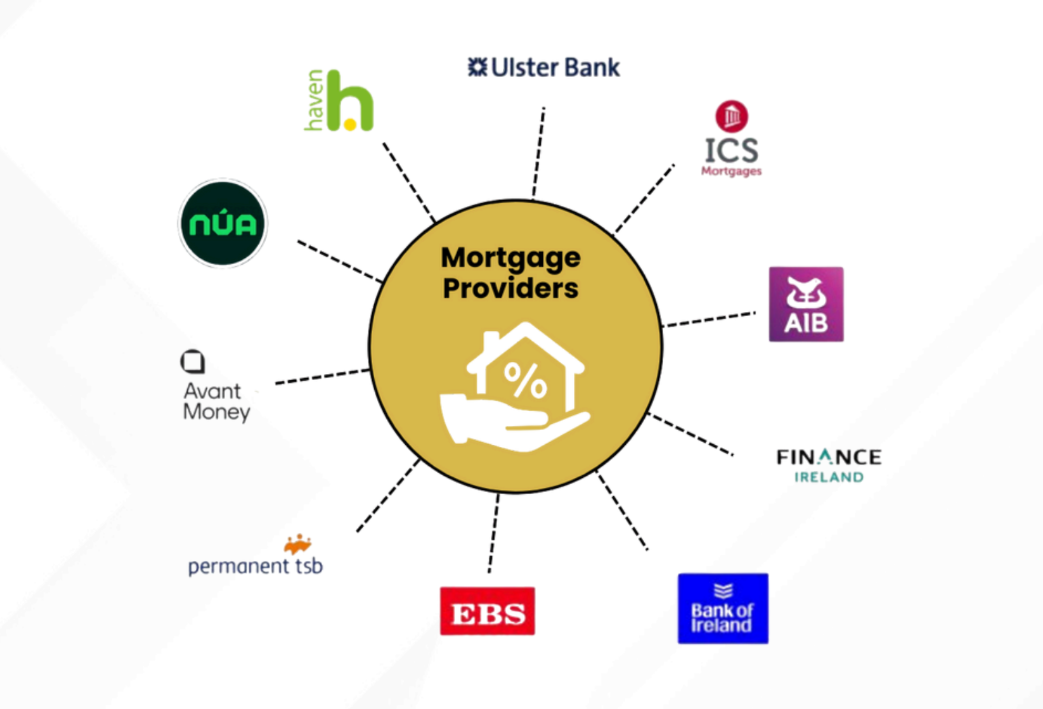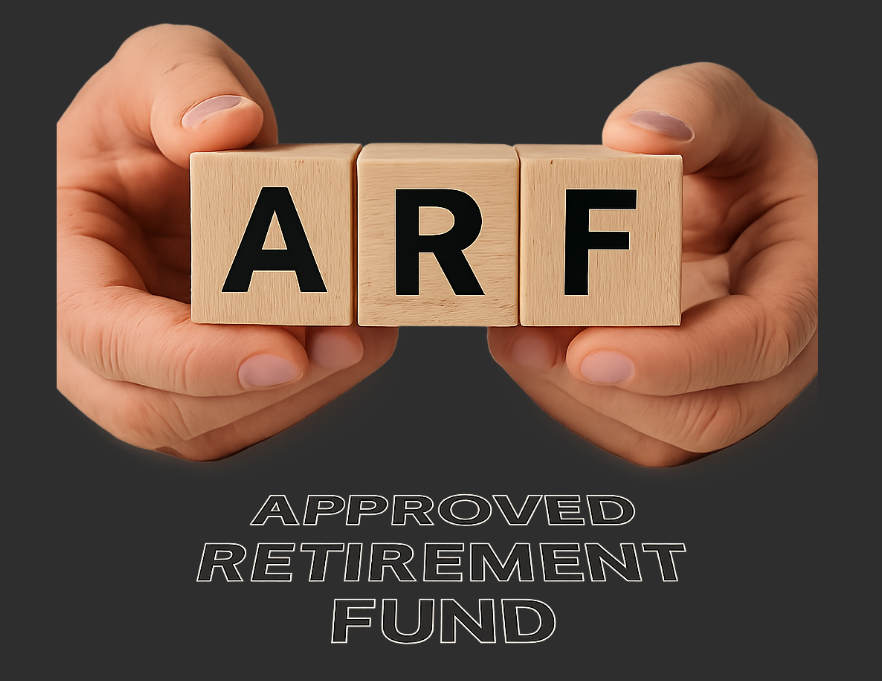
Understanding Approved Retirement Funds: Key Insights for Managing Your Pension in Ireland
Gain an in-depth understanding of how Approved Retirement Funds (ARFs) work in Ireland. This comprehensive guide explains when ARFs are required, how withdrawals are taxed,













